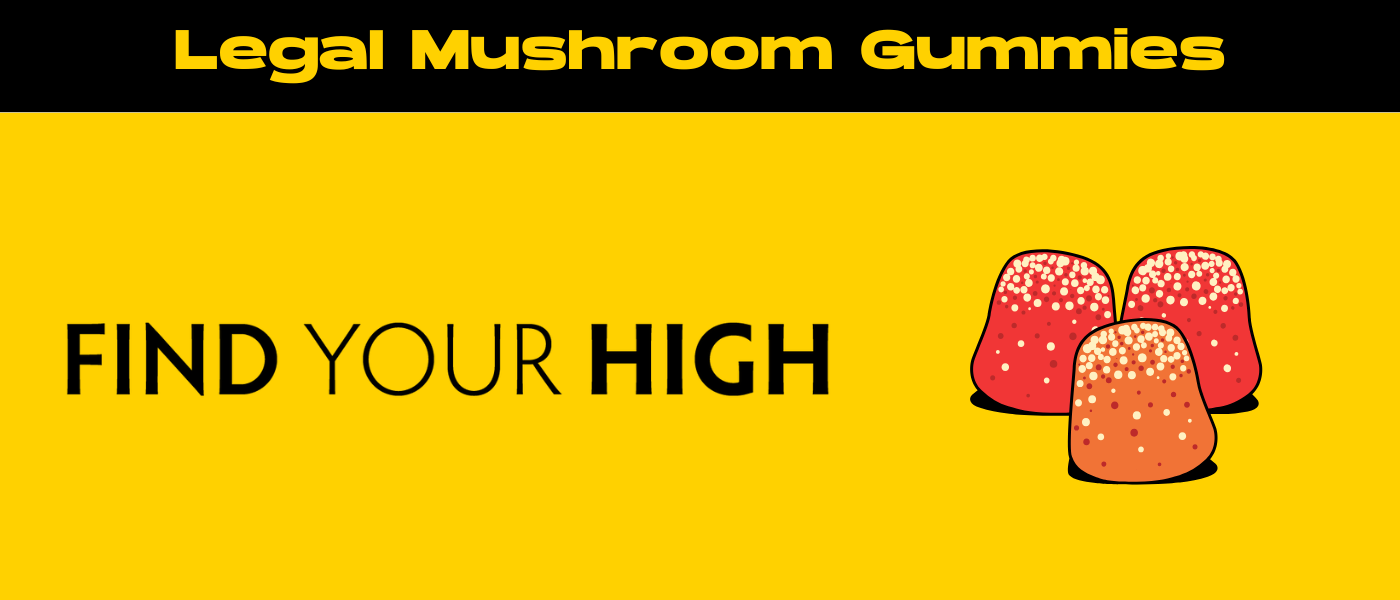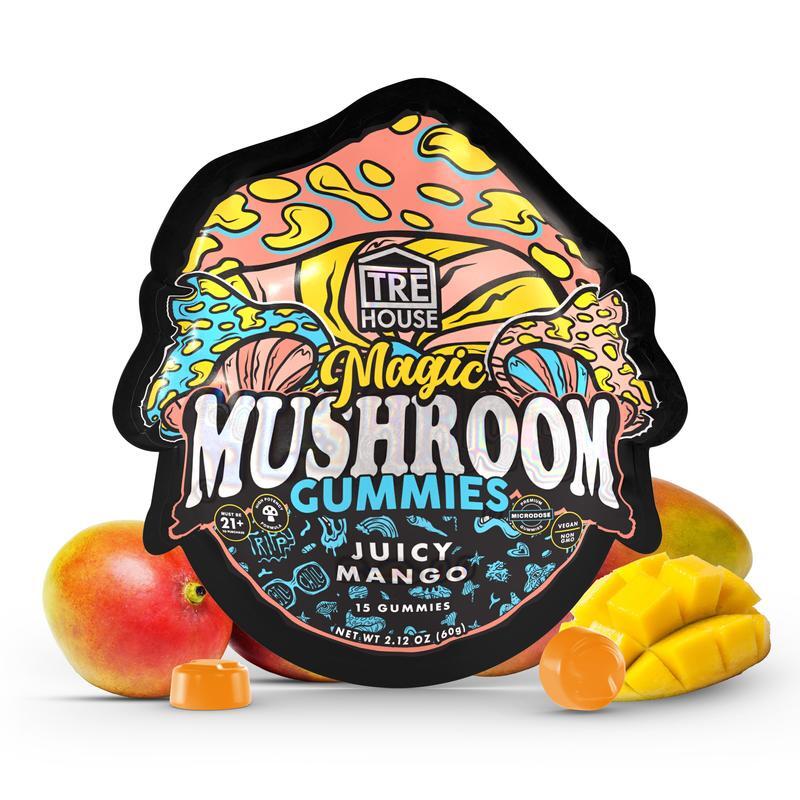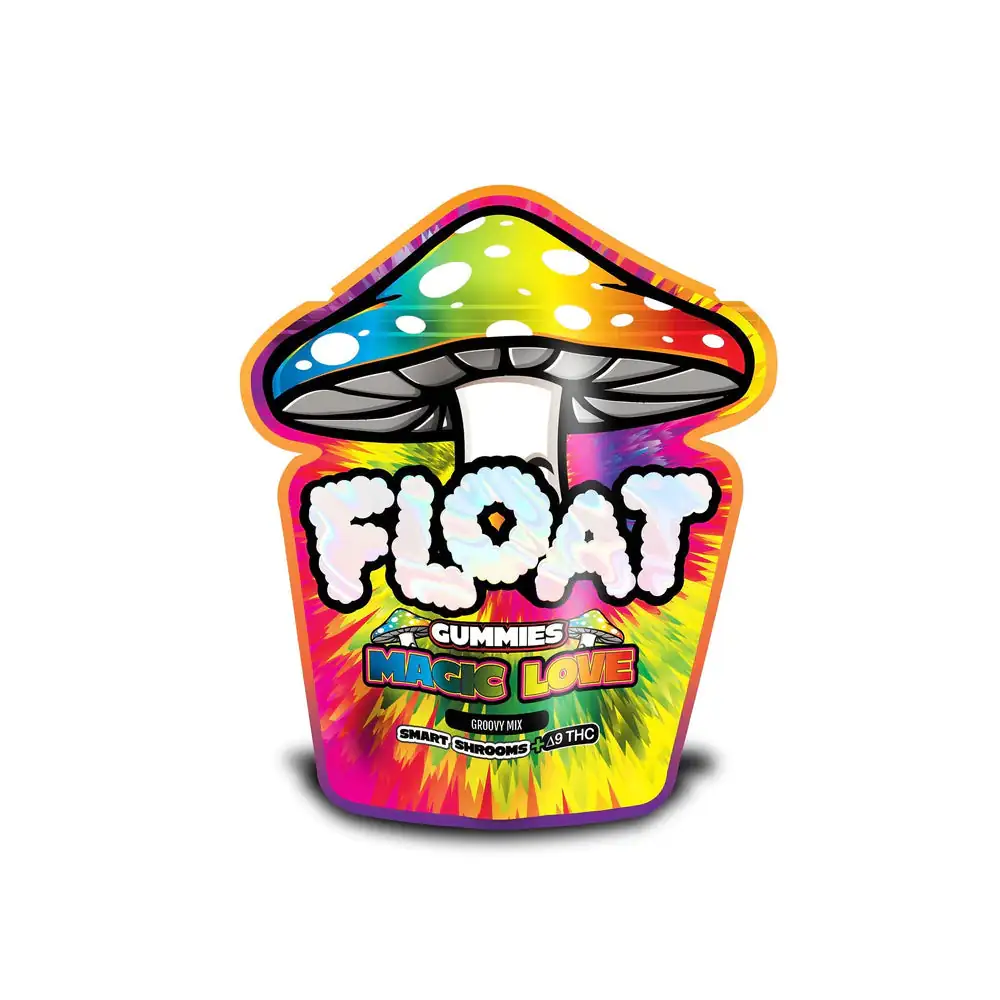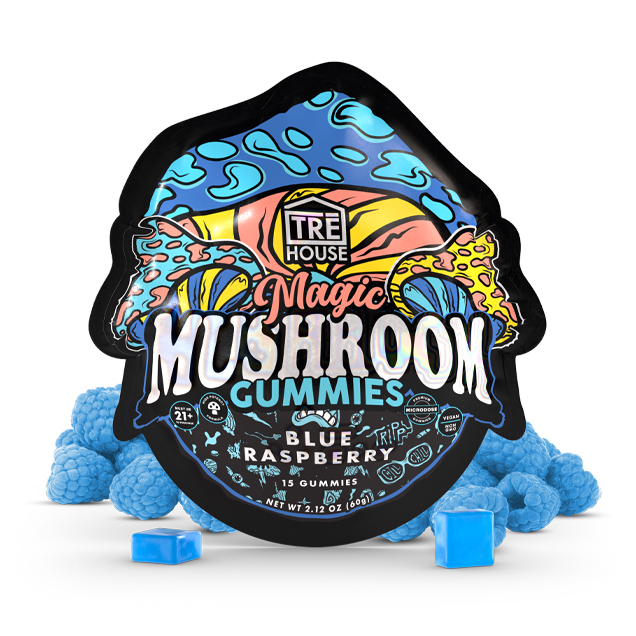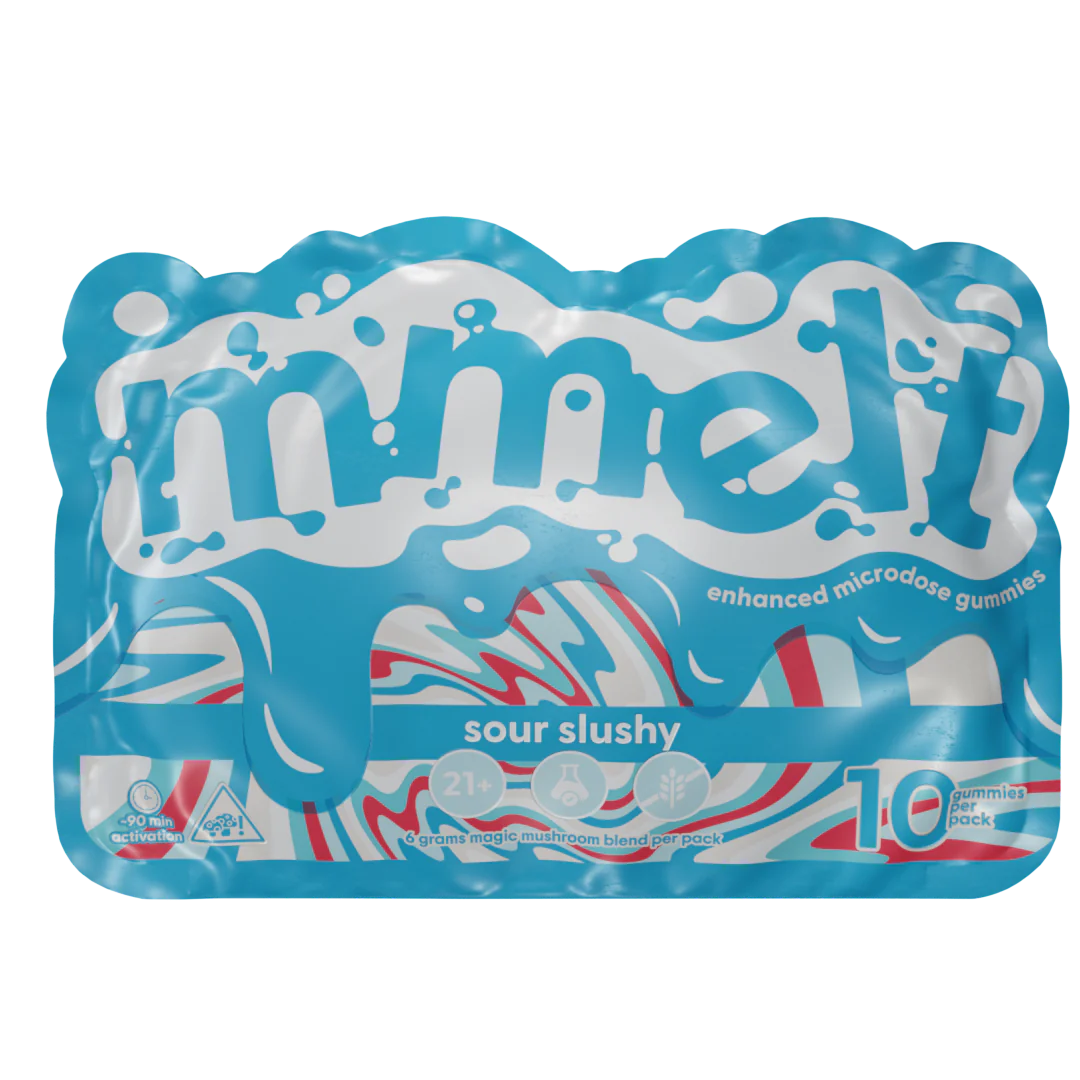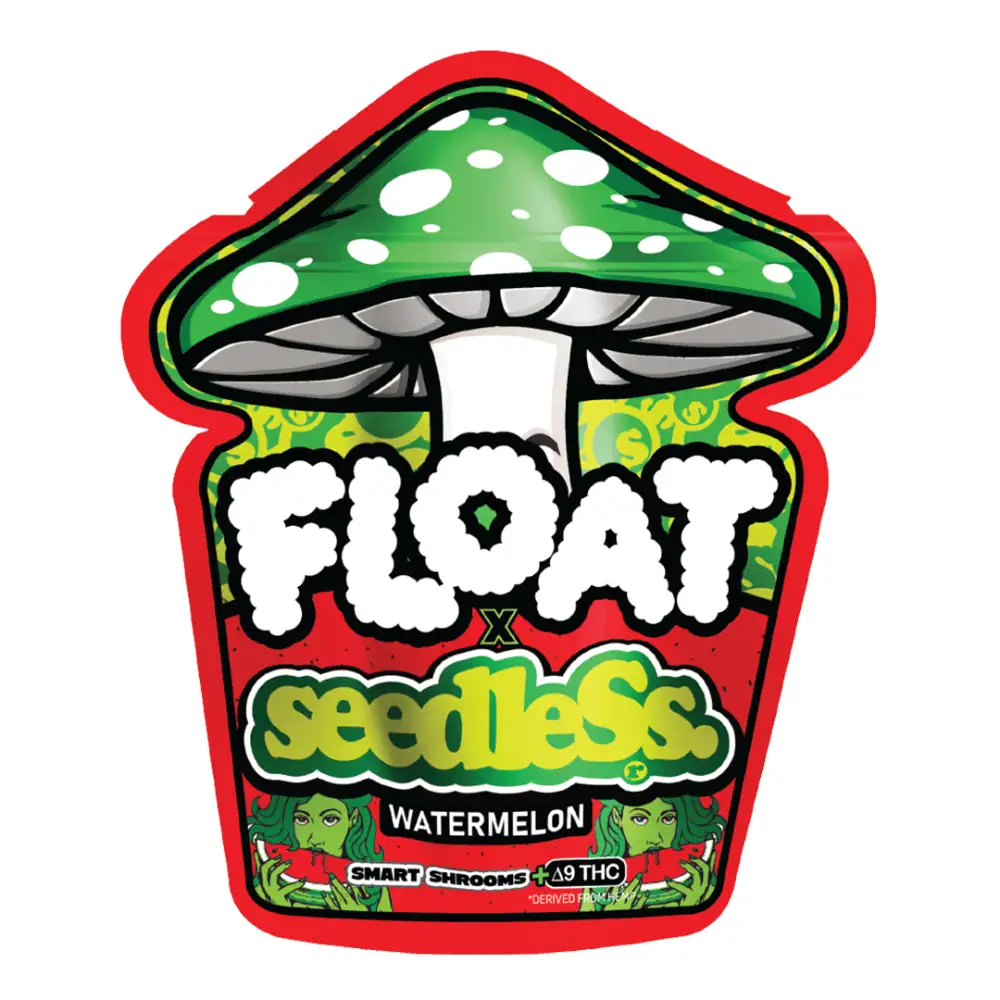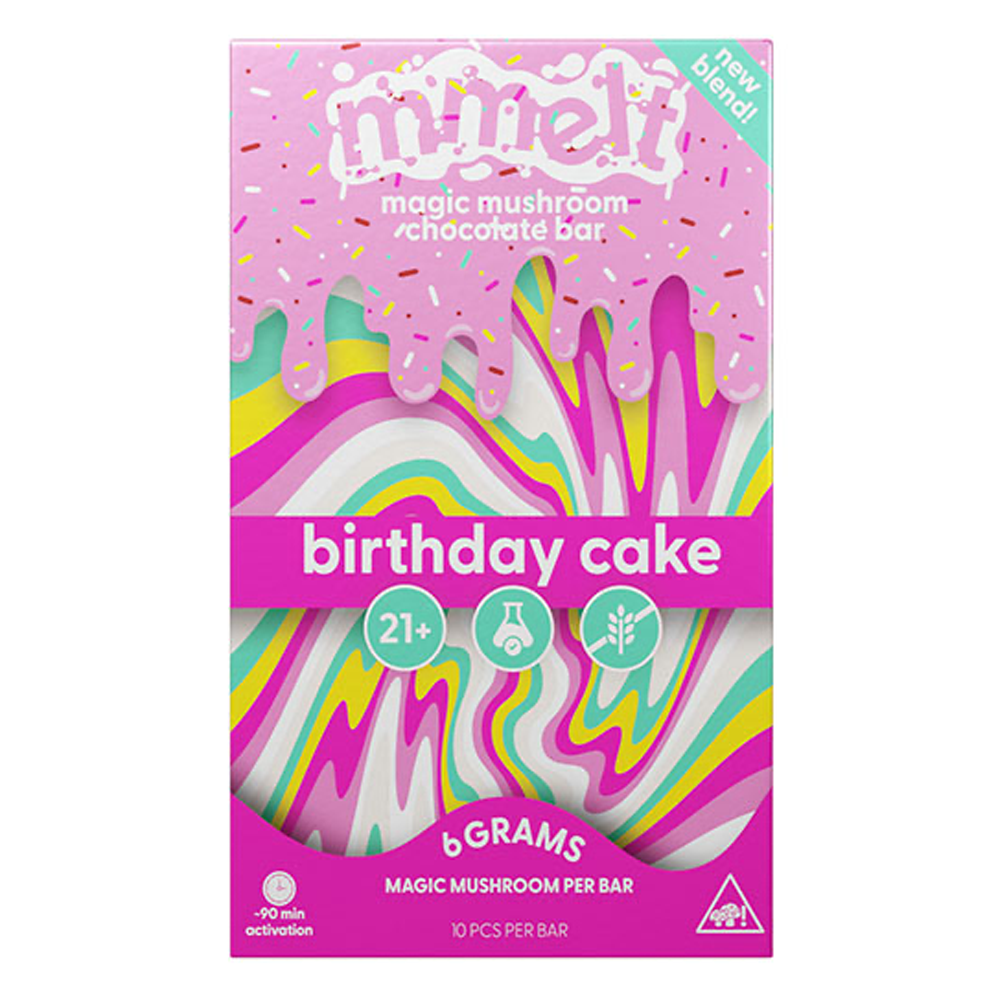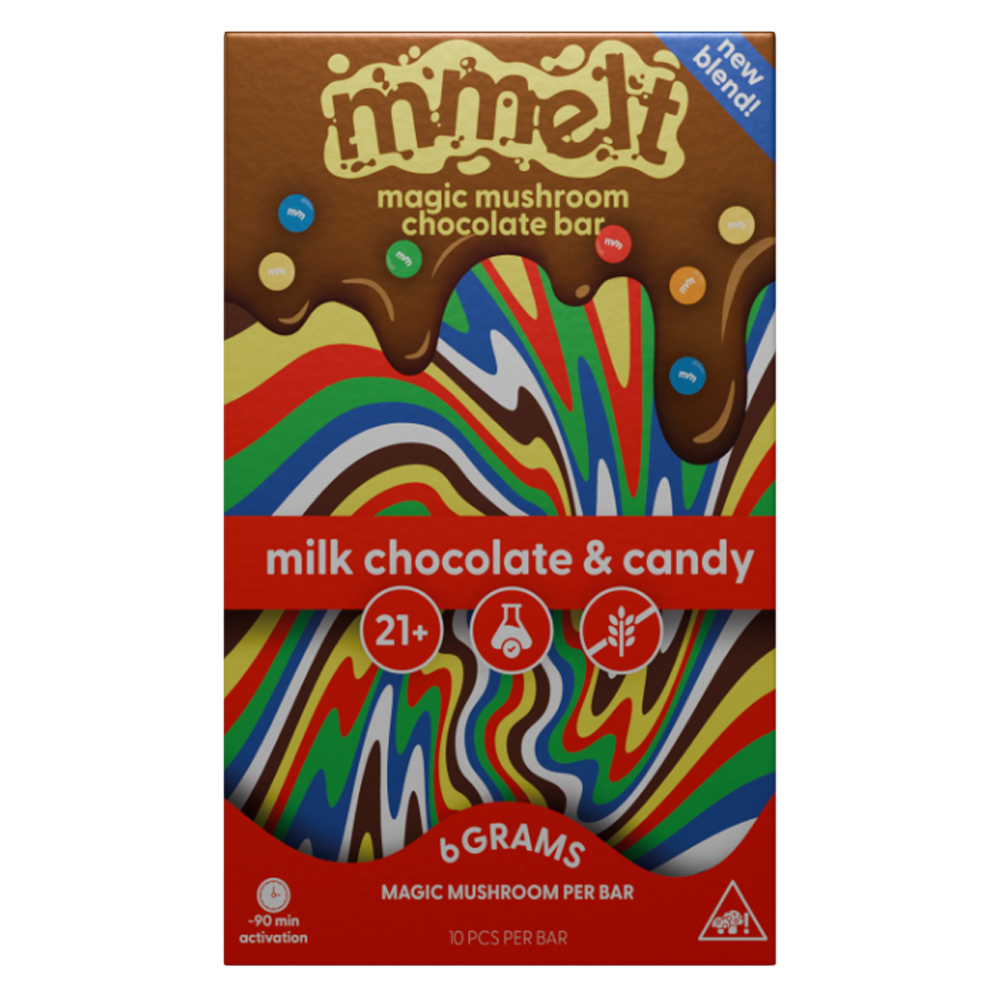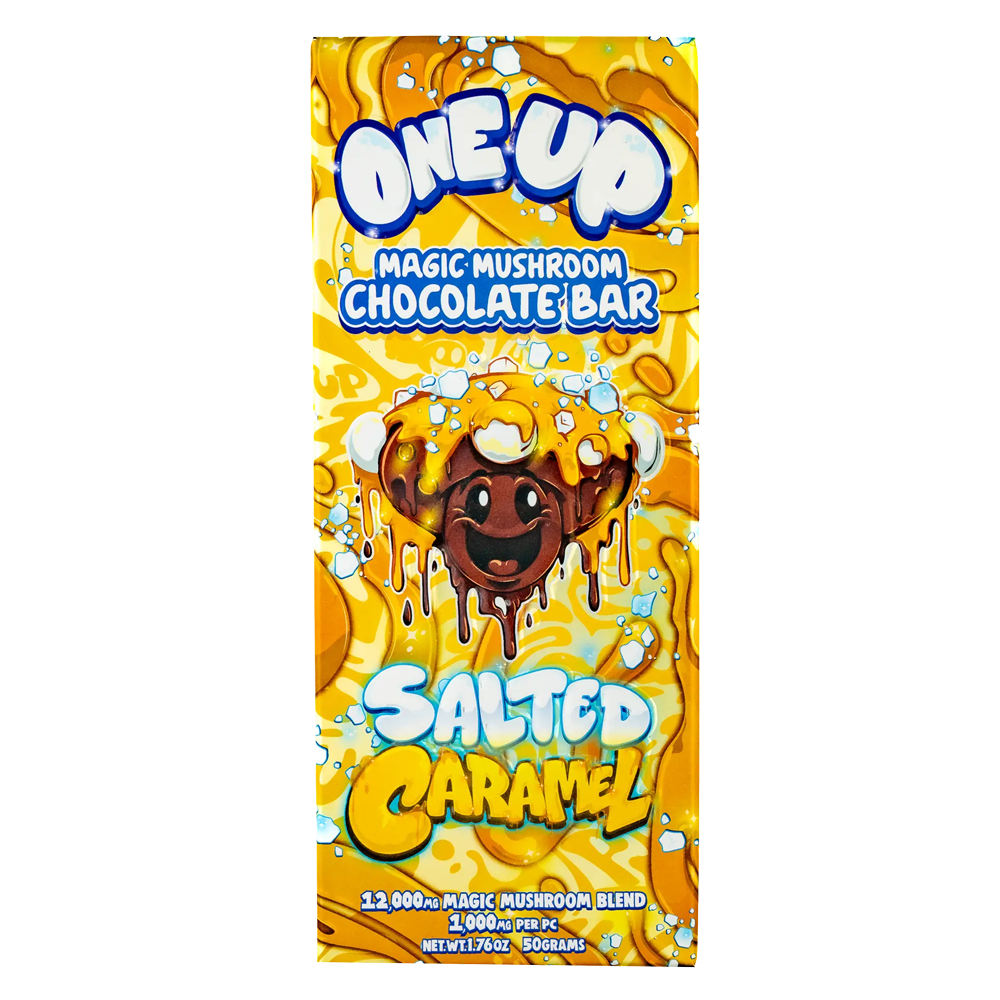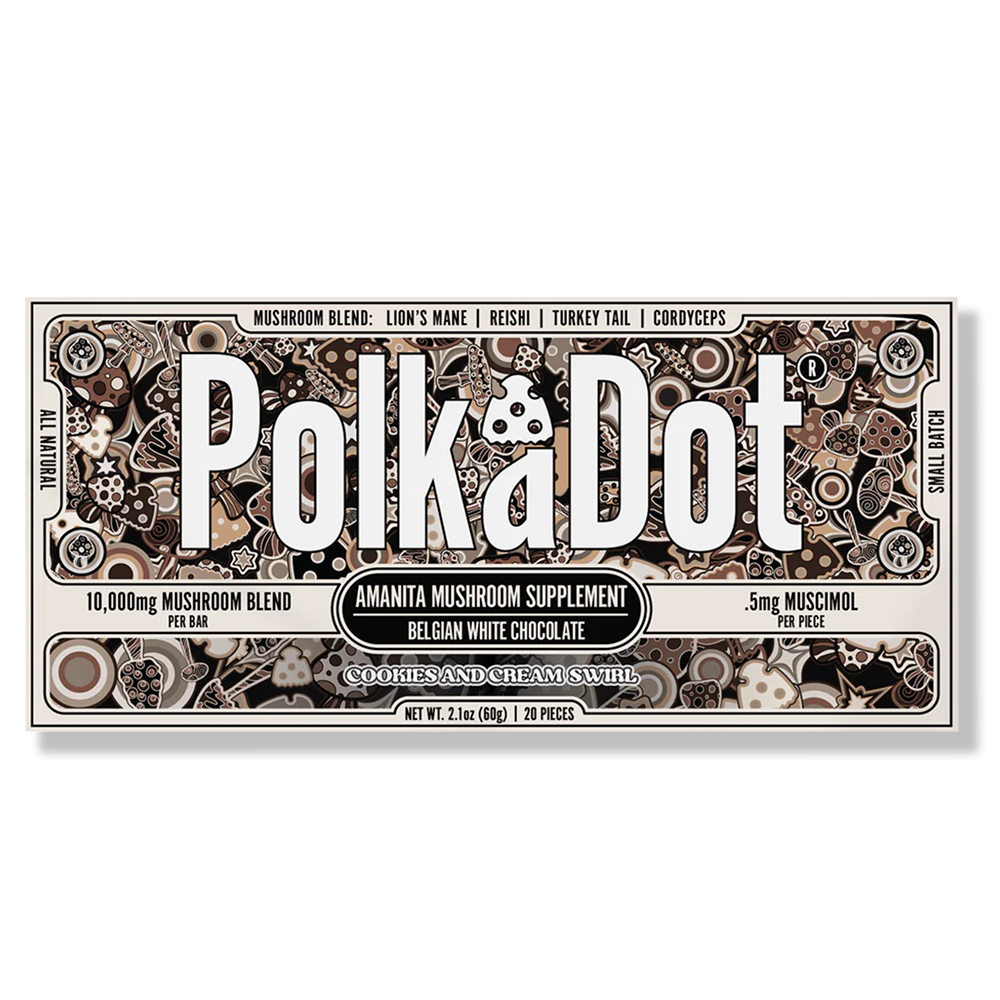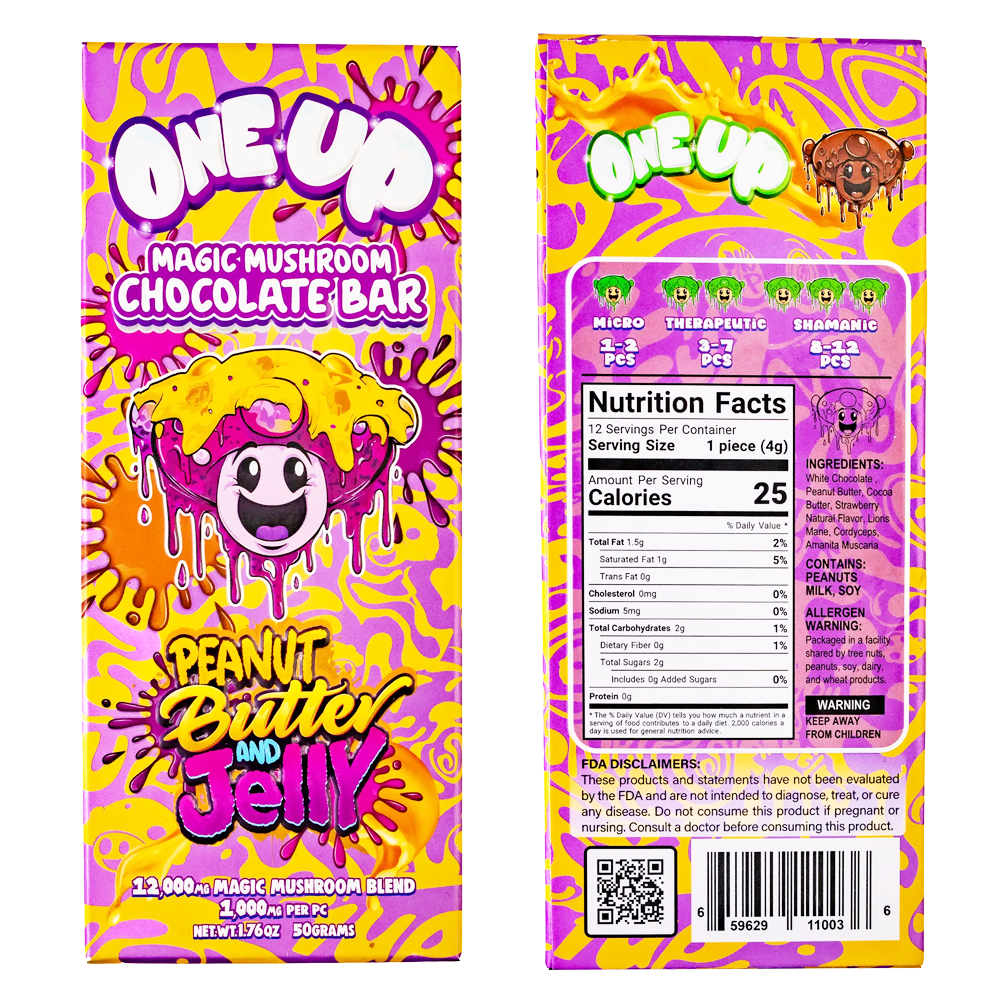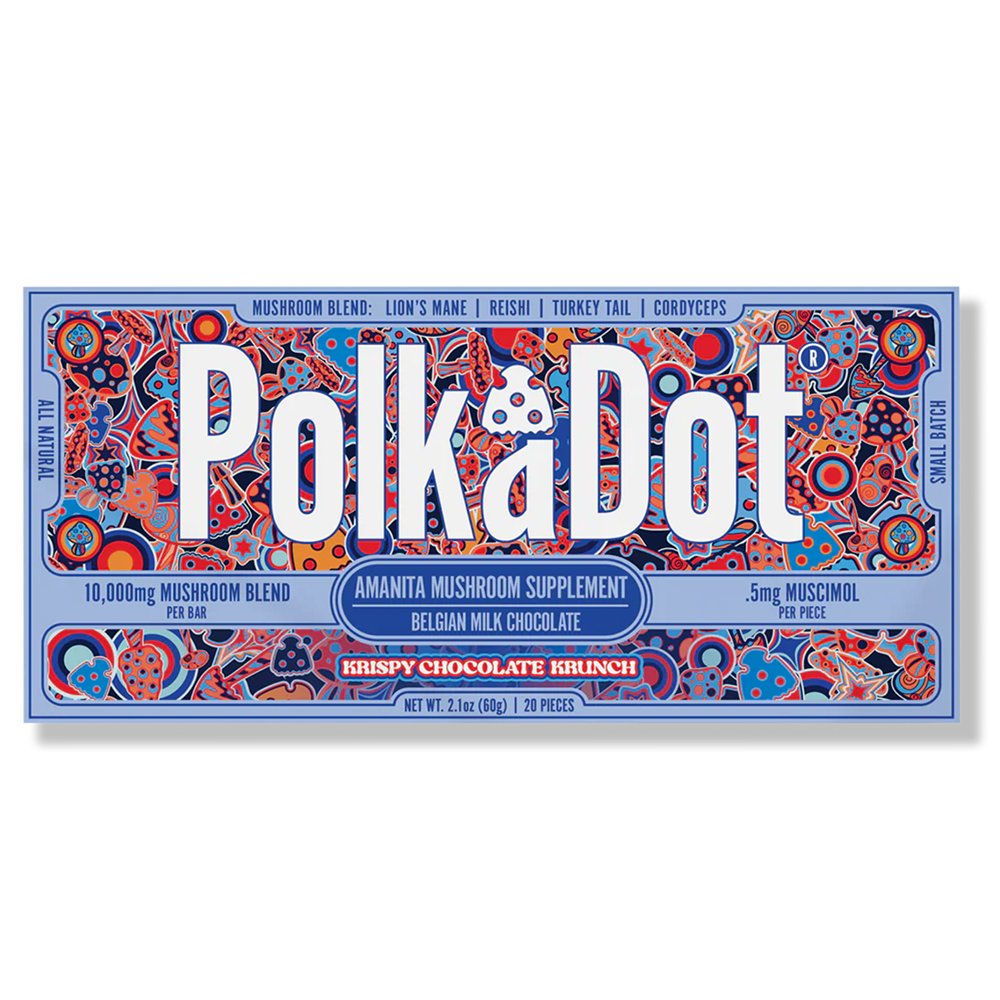Legal mushroom gummies are quickly becoming one of the most talked-about products in the wellness and alternative health spaces—and for good reason. With benefits ranging from cognitive support to mild psychoactive effects, these tasty treats offer a fun and convenient way to explore the power of mushrooms. But with so many different types of mushrooms and legal gray areas, what exactly makes a mushroom gummy legal?
Whether you’re looking for a brain boost, stress relief, or something a little more trippy, we’ve got the full breakdown of what legal mushroom gummies are, how they work, what to look for, and how to stay on the right side of the law. Let’s begin!
What Are Mushroom Gummies?
Mushroom gummies are exactly what they sound like: chewable edibles infused with mushroom extracts, designed to deliver the benefits of fungi in a format that’s convenient, tasty, and easy to dose. Think of them like your favorite gummy vitamins—but instead of being packed with synthetic nutrients, they’re loaded with naturally derived mushroom compounds. Depending on the type of mushroom used, they may help support focus, immunity, stress management, or even produce a light psychoactive experience.
These gummies often appeal to people who want the benefits of mushrooms without the earthy, often bitter taste of raw or powdered forms. Plus, they’re pre-dosed and travel-friendly, which adds an extra layer of convenience that makes them especially popular for wellness seekers, biohackers, and even psychonauts dipping their toes into legal alternatives.

The Difference Between Functional and Psychedelic Mushrooms
Before diving deeper, it’s important to understand that not all mushrooms—and therefore not all mushroom gummies—are created equal. Broadly, these products fall into two categories: functional and psychedelic.
Functional mushrooms include non-psychoactive species like lion’s mane, cordyceps, reishi, chaga, and turkey tail. These mushrooms are celebrated for their adaptogenic and nootropic properties, meaning they help the body manage stress and may improve cognitive performance. They’re generally considered safe, widely legal, and commonly found in health food stores and supplement aisles.
Psychedelic mushrooms, on the other hand, contain compounds like psilocybin or muscimol. Psilocybin is the classic hallucinogenic plants compound found in “magic mushrooms,” while muscimol comes from a lesser-known mushroom called Amanita muscaria mushroom. These mushrooms can alter perception, mood, and consciousness, making them subject to much stricter legal control. However, certain forms—like Amanita muscaria—can legally appear in gummies in many states, which is why this space has exploded in interest.
What Makes a Mushroom Gummy ‘Legal’?
So what exactly determines whether a mushroom gummy is legal or not? The answer largely depends on the specific type of mushroom used and its active compounds.
Functional mushroom gummies are made from mushrooms that are legally sold as dietary supplements. These don’t contain any hallucinogenic ingredients, which keeps them well within the bounds of federal and state law.
Psychedelic mushroom gummies are a bit trickier. Psilocybin is currently listed as a Schedule I controlled substance under federal law, meaning it’s illegal in most parts of the U.S.—though decriminalization efforts are spreading. However, not all psychoactive mushrooms are banned. For example, Amanita muscaria, which contains muscimol instead of psilocybin, is legal in most states and has become a legal workaround for companies looking to offer a legal “trip” without breaking the law.
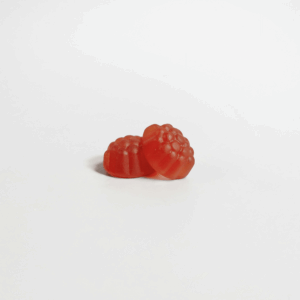
Types of Legal Mushroom Gummies on the Market
When shopping for legal mushroom gummies, you’ll usually come across one of the following:
- Functional mushroom gummies: Contain lion’s mane, reishi, cordyceps, chaga, turkey tail, etc.
- Amanita muscaria gummies: Psychoactive but legal in most U.S. states (contain muscimol, not psilocybin)
- “Gray area” microdose gummies: Marketed in some decriminalized cities or online shops with disclaimers
- Blended nootropic/psychotropic gummies: Combine functional mushrooms with hemp-derived cannabinoids or adaptogens
Each type targets a different goal, whether it’s better focus, a calm mind, immune support, or a gentle psychedelic effect. And while the ingredient lists can be a bit mysterious at times, knowing what to look for will help you choose safely and legally.
Key Ingredients Found in Legal Mushroom Gummies
The ingredients in mushroom gummies vary depending on their purpose, but here are some common players you’ll find on the label:
- Mushroom extracts – like lion’s mane for cognitive support or Amanita muscaria products for mild psychoactive effects
- Nootropics – such as L-theanine, bacopa monnieri, or GABA for added brain benefits
- Adaptogens – including ashwagandha or rhodiola to help manage stress
- Cannabinoids – in blended products, some may include Delta-8 or CBD
- Sweeteners and binders – like tapioca syrup, pectin, natural flavors, and fruit juice concentrates
Always read the label carefully to verify dosage, active ingredients, and any potential allergens or additives.
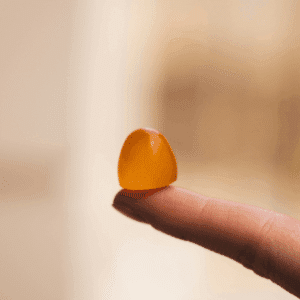
How Legal Mushroom Gummies Work in the Body
The way mushroom gummies work in the body depends on the type of mushroom they contain. Functional mushrooms like lion’s mane or cordyceps often work through long-term, cumulative effects by supporting brain health, energy levels, and the immune system. These typically interact with biological systems by enhancing nerve growth factor (NGF), modulating inflammation, or supporting mitochondrial function. Additionally, these are often offered as proprietary mushroom blends.
On the other hand, psychoactive mushrooms like Amanita muscaria interact with different parts of the brain. Muscimol, for example, binds to GABA receptors and produces sedative, dream-like effects. These tend to kick in within 30 to 90 minutes and can last several hours depending on dosage.
Because mushroom edible products like gummies are ingested, they’re absorbed through the digestive tract, which affects onset time and intensity. It’s a slower, more gradual experience compared to smoking or sublingual administration—but also tends to be smoother and longer-lasting.
Benefits of Functional Mushroom Gummies
Functional mushroom gummies have carved out a solid space in the wellness world for good reason. While they’re not magic pills, they do offer a range of science-backed benefits, including:
- Improved cognitive function – Lion’s mane is especially noted for supporting memory and focus
- Increased energy and endurance – Cordyceps can boost stamina and oxygen uptake
- Stress and mood regulation – Reishi and adaptogens help balance cortisol and improve resilience
- Immune support – Chaga and turkey tail are rich in antioxidants and beta-glucans
Since these mushrooms aren’t psychoactive, they can be taken daily and stacked with other supplements without major risk.
Are Psychedelic Mushroom Gummies Ever Legal?
The answer is… sort of. Psychedelic mushroom gummies that contain psilocybin are still federally illegal, but momentum is building around decriminalization and therapeutic use. Oregon and Colorado have taken the lead in legalizing psilocybin for supervised adult use, and several cities like Denver, Oakland, and Washington D.C. have decriminalized possession.
That said, commercial sale of psilocybin-infused gummies is still generally illegal unless you’re in a state-approved therapeutic setting. Outside of that, you might find “microdose” psilocybin products in certain gray-market dispensaries or online shops that operate under local protections—but buyer beware. The laws vary by city, and you’re still taking legal risks.
Understanding Amanita Muscaria Gummies
If you’ve seen mushroom gummies marketed as “trippy” or “psychoactive” but still legal, chances are they contain Amanita muscaria. Known for its red cap and white specks, this mushroom is completely different from psilocybin mushrooms in both chemistry and effect.
The active compound in Amanita muscaria is muscimol, not psilocybin. It works through the GABA system rather than serotonin receptors, resulting in effects that are more sedative, dream-like, and sometimes euphoric or dissociative.
These gummies are legal in most states because muscimol isn’t a controlled substance at the federal level. However, the effects can be unpredictable and are very dose-dependent, so they’re not recommended for first-timers without doing some serious research.
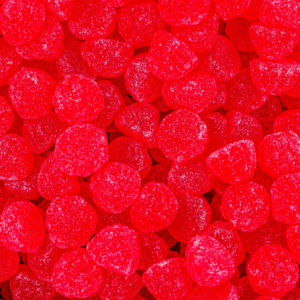
Are Mushroom Gummies Safe?
For the most part, functional mushroom gummies are considered safe when sourced from reputable brands and taken as directed. Functional species have long histories of traditional use and are widely recognized as non-toxic.
The psychoactive options are where things get more complex. Amanita muscaria has a narrow therapeutic window, meaning that too little may do nothing and too much can lead to unpleasant or even toxic experiences. Likewise, any unregulated product—especially from unknown online retailers—carries the risk of mislabeling or contamination.
When in doubt, opt for products with third-party lab testing, clear labeling, and transparent sourcing. And if you’re new to mushroom edibles, always start low and go slow.
How to Choose the Right Legal Mushroom Gummies
Picking the right gummy starts with understanding your goals. Are you looking for a mental edge, an immune boost, or something with a little buzz? Once you know what you’re after, keep the following in mind:
- Mushroom type: Choose functional mushrooms for daily wellness or Amanita muscaria for psychoactive effects
- Dosage clarity: Make sure the product clearly states the amount of active ingredient per gummy
- Brand reputation: Look for reviews, lab results, and industry certifications
- Lifestyle compatibility: Consider dietary needs (e.g., vegan, gluten-free) and formulation preferences
A well-made mushroom gummy should make you feel better—not leave you confused, anxious, or questioning your life choices.
Where to Buy Legal Mushroom Gummies
The legal status of certain ingredients can make finding mushroom gummies a bit of a scavenger hunt. For functional mushrooms, your best bet is health food stores, supplement retailers, or established e-commerce brands like Hyperwolf. These are widely legal and easily available across the country.
If you’re interested in psychoactive options like Amanita muscaria gummies, online retailers tend to dominate the space. Just make sure the seller is legitimate and that they offer COAs. Some cannabis dispensaries also carry them, particularly in states with more progressive laws.
Be cautious with novelty sites, gas stations, or vendors without clear ingredient lists—those are red flags for questionable quality.
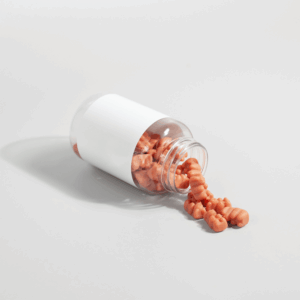
Final Thoughts: Are Legal Mushroom Gummies Worth Trying?
If you’re mushroom-curious and want a user-friendly, flavorful introduction to the world of fungi, legal mushroom gummies are a solid place to start. Whether you’re focused on enhancing your mental clarity with lion’s mane or exploring altered states with Amanita muscaria, there’s something out there for nearly every level of experience and curiosity.
Just remember: not all mushroom gummies are created equal. Doing your homework goes a long way toward ensuring a safe, effective, and totally legal experience. And if you’re ever unsure, stick to the functional stuff—your brain, body, and local law enforcement will thank you.
Legal Mushroom Gummies: Frequently Asked Questions
1. Are mushroom gummies legal?
It depends on the type of mushroom used. Gummies made with functional mushrooms like lion’s mane, reishi, or cordyceps are legal nationwide and commonly sold as dietary supplements in smoke shops and health stores. However, gummies made with psychedelic mushrooms like psilocybin are still federally illegal, though certain states (like Oregon and Colorado) and cities (such as Oakland and Denver) have moved to decriminalize their use. Amanita muscaria gummies, which are psychoactive but don’t contain psilocybin, are legal in most U.S. states and are becoming a popular legal alternative.
2. Do mushroom gummies work?
Yes—but the effects depend on the type of mushroom. Functional mushroom gummies can support focus, stress relief, and immune health when taken consistently and with other substances, though the effects are usually subtle and build over time. Psychoactive mushroom gummies like those made with Amanita muscaria may produce more immediate effects, including dream-like sensations, mild euphoria, or a relaxed, floaty feeling. As always, quality and dosage play a big role, so results can vary between brands and users.
3. Will mushroom gummies show up on a drug test?
Functional mushroom gummies or mushroom supplements will not show up on a standard drug test. They don’t contain any controlled or psychoactive substances that drug tests screen for. Psilocybin mushroom gummies could potentially show up on specialized tests, but they’re not typically included in standard 5-panel or 10-panel screens. As for Amanita muscaria gummies, muscimol is not screened for on any typical drug panel, so you’re in the clear there—though it’s always wise to double-check if you’re subject to strict testing.
4. What are in road trip mushroom gummies?
While specific formulations can vary by brand, Road Trip mushroom gummies are typically made with Amanita muscaria extract, which contains muscimol—the compound responsible for their mild psychoactive effects. These gummies often come in fruity flavors and may also include supportive ingredients like L-theanine or other calming nootropics to round out the experience. They’re marketed as a legal, feel-good alternative to psilocybin gummies, especially popular among those looking for a light, trippy vibe without stepping outside the law.
5. Are mushroom edibles safe?
In general, functional mushroom edibles—those made with non-psychoactive mushrooms like lion’s mane mushrooms, cordyceps mushrooms, and reishi mushrooms—are considered very safe for most people when consumed as directed. These mushroom products been used for centuries in traditional medicine and are widely recognized for their adaptogenic and immune-supporting properties.
Psychoactive mushroom edibles, like those made with Amanita muscaria and ibotenic acid, require more caution. While legal in many areas, they can produce unpredictable effects if dosed improperly, and some users may experience nausea, dizziness, or confusion—especially with higher doses. As with any supplement or edible, it’s important to start low, go slow, and stick with trusted brands that offer third-party lab testing and clearly labeled ingredients. If you have underlying health conditions or take medication, it’s always a good idea to consult a healthcare professional first.




